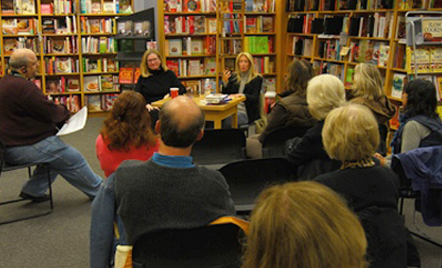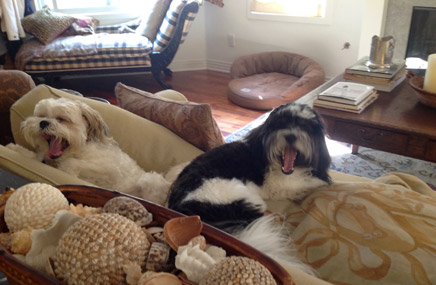![]()
At a very early age I had the compelling need to capture life and then explain it to whomever would listen. Usually nobody. At the age of six I wrote an epic poem about heaven and angels. Nobody listened. At the age of nine I wrote a play called "Nevada". I shamelessly stole the title from a Zane Gray novel. The play took place in a barroom and dealt with the intense exciting world of cowboys and dancehall girls. The play ends on the climactic note of the villain being sent to his room. Already I was developing a firm moral basis that would serve me well in the mystery genre.
Growing up in Southern California I read Raymond Chandler, Ross Macdonald, Nathaniel West and in his Hollywood period, F. Scott Fitzgerald. They turned Los Angeles upside down. When driving my car along Sunset Blvd. toward the ocean I no longer saw a rosy sun-streaked sky. I saw a smear of blood. Seductive palm trees turned lurid. Blondes were not just sex symbols, but capable of murder—an inverted power but a power nonetheless. As in The Day of the Locust, movie fans didn't adore, they rioted and destroyed. Hollywood bred a dangerous desperation between the buyers and sellers of dreams. I was hooked. But Hollywood discovered me before I could discover it.

Author Jane Heller and I at Borders talking books, writing and generally having a good time.

